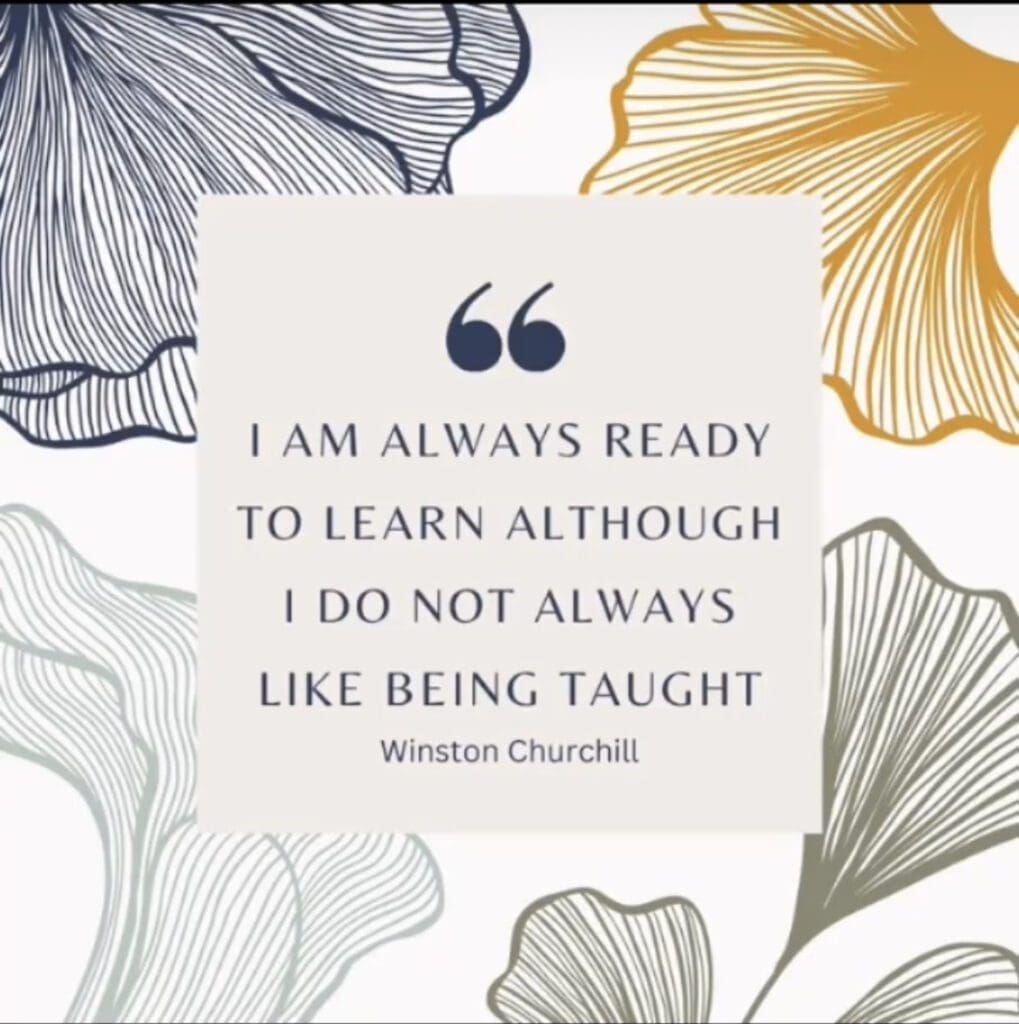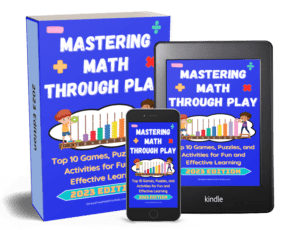What is the secret to motivating math students in the classroom? Recently I wrote a post called Why Do Kids Hate Math? exploring some of the reasons kids have bad attitudes toward math and giving resources for parents, tutors, and small group interventionists. My post What Is Math Therapy? looked at the ways specialized math tutors or “math therapists” such as myself work 1:1 with students. However, what about the classroom teacher?
I am super excited to have a guest blogger today, Kristen Powers, from Math Super Powers, writing about this topic. Kristen Powers is a teacher, tutor, and education consultant currently based in the DC area. She has taught second grade through high school and holds two Master’s Degrees— one in Elementary Education and one in Math Curriculum and Instruction. An apathetic math student as a child, she had a “lightning bolt” moment when teaching second grade and seeing how much more engaging and fun math can be when students are given the right strategies and opportunities. She can be found as Math_Super_Powers on instagram.

“I am always ready to learn, although I do not always like being taught.”
— Winston Churchill spoke these words during his tenure as Prime Minister during one of the most violent, tumultuous, and challenging eras of recent human history.
Churchill was notorious for his stubbornness, yet his boldness and tenacity helped the allied forces defeat fascism and put an end to WWII. These qualities made him a heroic leader, but his school years were marred by poor grades due to his strained relationships with his teachers and apathy towards lessons and tests.
In today’s schools, our classes are also filled with students whose stubbornness and boldness can bring even the most seasoned teachers to question how we will ever get them to learn and engage. Math class in particular tends to bring out the worst in students.
Many believe math is too challenging because they:
- already missed out on previous content and skills,
- see math as pointless because they don’t see its value in their lives
- and see math as boring because the class has a tired structure and the environment is dreary and bland.
Add these factors together (pun intended!) and what do you get? Students who refuse to complete any work, cannot attend to instruction, and are stagnant in their progression.
Do these students want to learn? Yes. But do they like being taught? No.
So what do we do?
1. Keep the classroom open, relaxed, and welcoming.
During COVID classrooms had to be sterile, with desks in rows as far apart as possible. Those days are (hopefully) gone, and now we can embrace a better atmosphere. My math classroom has bean bag chairs, circle tables, grouped and separate desks, exercise balls, stools, chairs, and wobbly seats. Flexible seating is key to comfort. Students can sit where they want and are free to move around the space. I have a student that lays on his back under a desk and uses a clipboard to write his work on the underside of the desk. I have a group who consistently work together as a trio at a circle table. Another student sits on an exercise ball, and another who prefers to stand. It’s all good and all welcome. Let students feel comfortable in their space.
2. Try to shift from assessment based standards to project based learning.
This has been a game changer for me. In the last three years I have graded ZERO tests or quizzes. This takes the stress and anxiety off of students and gives them the opportunity to connect what they have learned to how math is used in daily life. Depending on your grade level you can encourage students to work in partners or groups or give them the chance to fly solo. Project based learning also allows you to target many additional skills such as cohesive writing, presenting skills, collaboration and meeting deadlines. This is a win for cross curricular activities.
3. Progress is progress, no matter how slow.
Some students have struggled with math since Kindergarten. PRAISE ALL GROWTH. While it is wonderful to recognize the “star” math student, it is equally important to note the accomplishments of students who may need more time. I had a high school student working on calculating percents. This took her a semester to learn. Meanwhile, her friend was flying through calculus and got accepted to an engineering program at an elite university after graduation. While everyone praised the future engineer, I made it a priority to congratulate the student who persevered and worked hard on learning percents. I reminded her what a crucial skill this was for calculating interest, tipping at restaurants, and figuring out shopping taxes. Let’s commend all students on their learning journey.
Importance of motivating math students
In my eleven years in the classroom, I have learned so much more than just standards and how to teach them, I have learned what makes students tick and how important buy-in is to learning. Some kids come to us with a tough exterior, but most want to learn and are looking at you to teach them. Is it a tall order? Absolutely. But by creating an inviting classroom space and cultivating a positive and relaxed atmosphere, we can encourage even the most difficult students to engage, explore, and learn in math class. When students feel like math class is a great place to be, that is when the magic happens. After all, as the great Winston Churchill once said, “The most important thing about education is appetite.”
****************************************************************************************************
Thank you so much, Kristen! For more great tips on motivating math students, as well as many other topics for math teachers and help for parents demystifying math curriculum, homework and strategies follow Math_Super_Powers on instagram.



